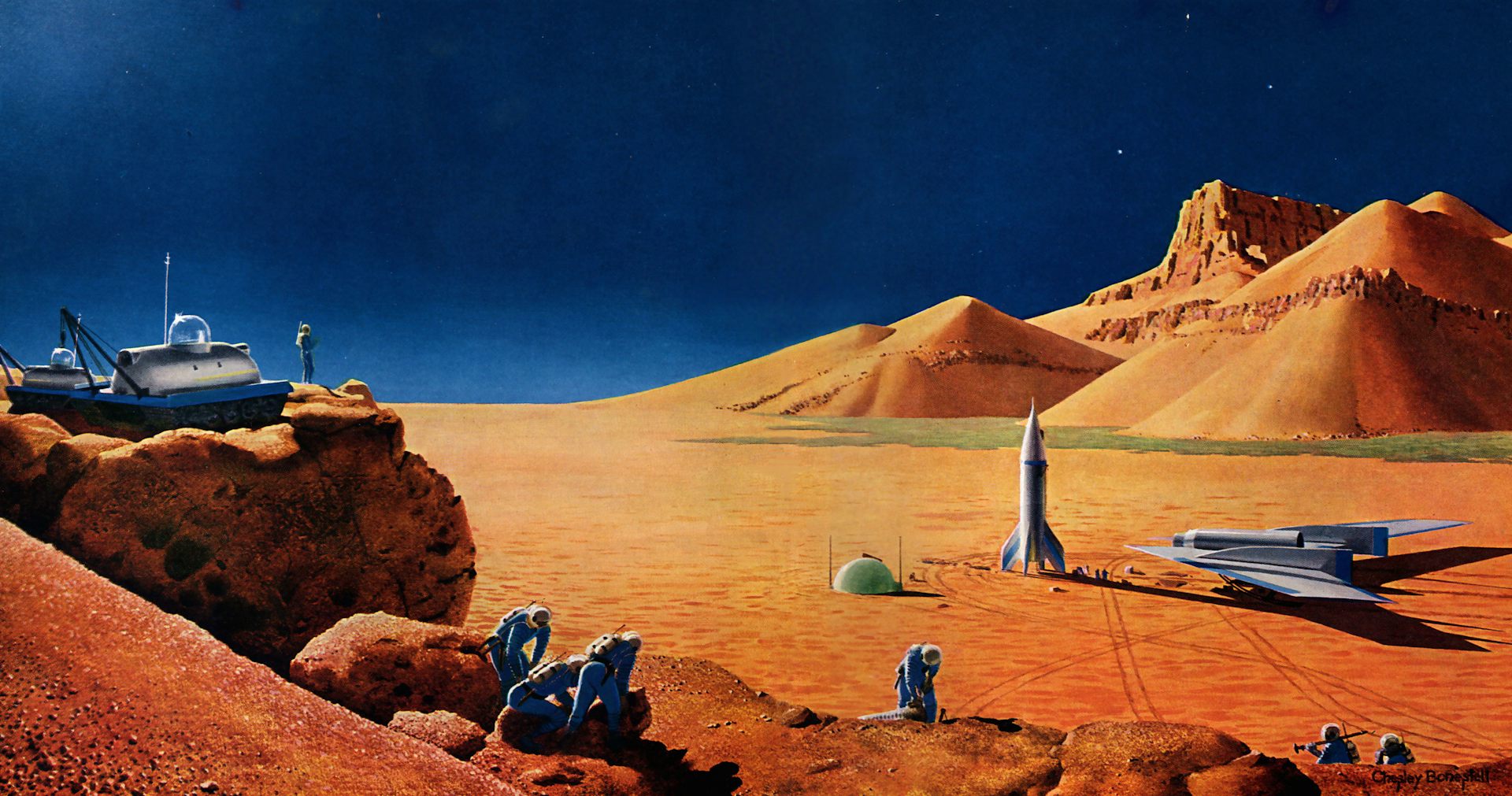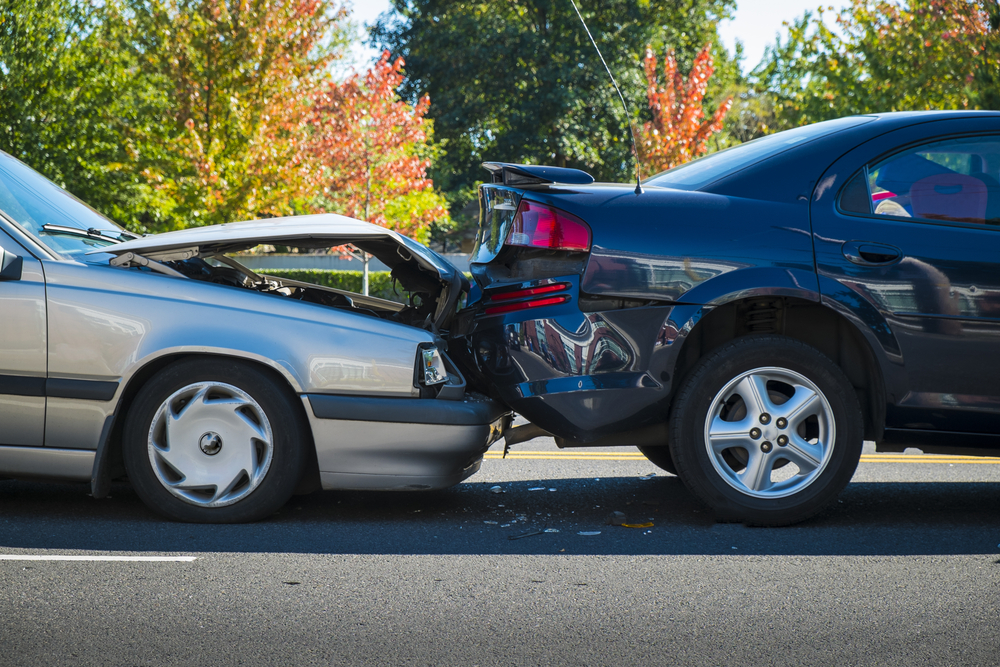The utterances of Old World monkeys, some of our primate cousins, may be more sophisticated than previously realized — but even so, they display constraints that reinforce the singularity of human language, according to a new study co-authored by a Massachusetts Institute of Technology (MIT) linguist. The study reinterprets evidence about primate language and concludes...
Science & Technology
Clickbait Secrets Exposed! Humans and AI Team Up to Improve Clickbait Detection
Humans and machines worked together to help train an artificial intelligence — AI — model that outperformed other clickbait detectors, according to researchers at Penn State and Arizona State University. In addition, the new AI-based solution was also able to tell the difference between clickbait headlines that were generated by machines — or bots —...
Millennials, Think You’re Digitally Better Than Us? Yes, According to Science
Emails, instant messaging, app notifications, RSS feeds, and a plethora of social networks inundate almost every aspect of daily life from work to home or just keeping in touch socially. Some people average more than four information technology (IT) switches per minute. This barrage of IT interruptions makes it increasingly difficult to focus on the...
Even Scientists Have Gender Stereotypes … Which Can Hamper the Career of Women Researchers
However convinced we may be that science is not just for men, the concept of science remains much more strongly associated with masculinity than with femininity in people’s minds. This automatic bias, which had already been identified among the general public, also exists in the minds of most scientists, who are not necessarily aware of...
Long Before Armstrong and Aldrin, Artists Were Stoking Dreams of Space Travel
In the midst of the space race, Hereward Lester Cooke, the former co-director of the NASA Art Program, observed, “Space travel started in the imagination of the artist.” If the 50th anniversary of the first Moon landing is an opportunity to celebrate a remarkable technological achievement, it’s also a good time to reflect on the...
Selfie Versus Posie
If you lose sleep over the number of likes on your Instagram account, you might want to think twice before posting that selfie. That’s the main takeaway from a new study in the Journal of Research in Personality by Washington State University psychologists. The scientists conducted a novel experiment with hundreds of actual Instagram users to determine...
Speed Identified as the Best Predictor of Car Crashes
Speeding is the riskiest kind of aggressive driving, according to a unique analysis of data from on-board devices in vehicles. Researchers at the University of Waterloo examined data from 28 million trips for possible links between four bad driving behaviours – speeding, hard braking, hard acceleration and hard cornering – and the likelihood of crashes....
A Stone Age Boat Building Site Has Been Discovered Underwater
The Maritime Archaeological Trust has discovered a new 8,000 year old structure next to what is believed to be the oldest boat building site in the world on the Isle of Wight. Director of the Maritime Archaeological Trust, Garry Momber, said “This new discovery is particularly important as the wooden platform is part of a...
Questions During Shared Book Reading with Preschoolers Need to Be More Challenging
When it comes to challenging young minds to grow language, asking how and why during shared book reading to preschoolers can be more beneficial, according to new research at The University of Texas Health Science Center at Houston (UTHealth). An analysis of the questions preschool teachers asked during shared reading to their classes revealed that...
How to Prevent Robocalls
Collecting a person’s phone number is not a hard task these days. They are shared on the internet through social media platforms and other online channels. With such personal information readily available, people are more vulnerable to invasive — and unwanted — robocalls. Nitesh Saxena, Ph.D., professor at the University of Alabama at Birmingham, College of Arts...










